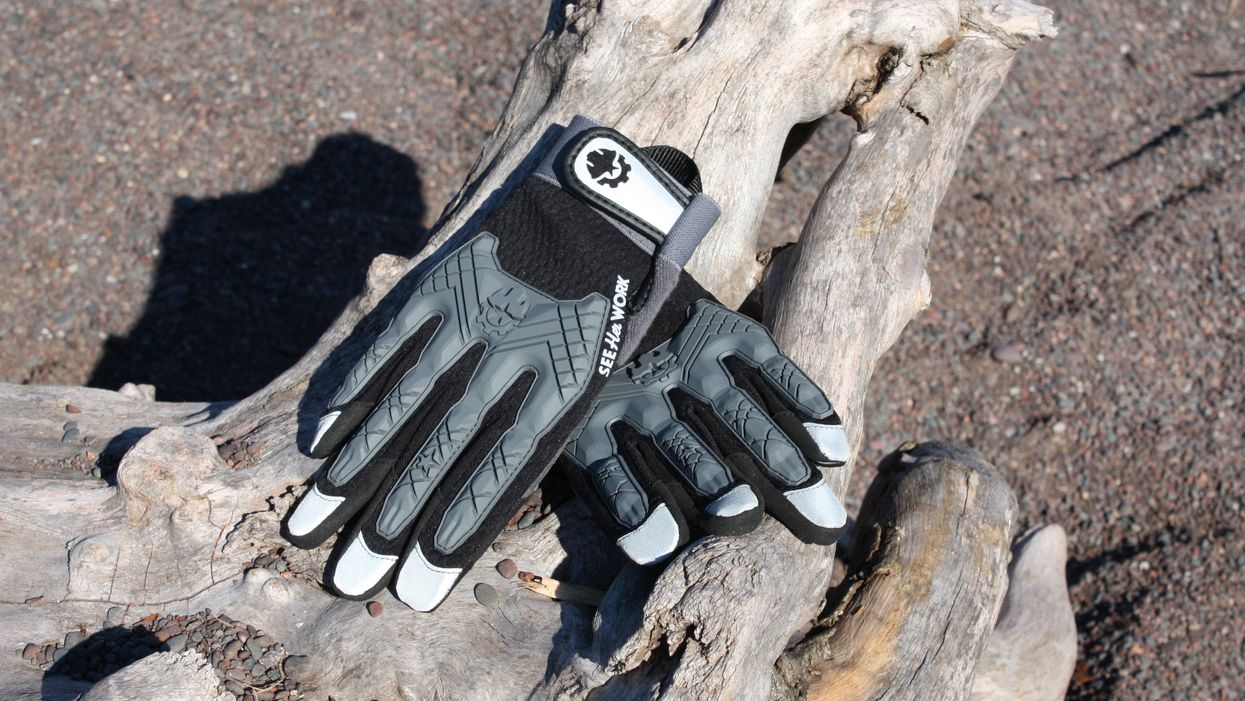Editor's note: Not entirely surprisingly, this week's views were skewed heavily toward an app that allows stadium food delivery right to your seat, wine-picking technology, a slideshow of a growing coworking space, and more.
Houston startup is making stadium food a whole new ballgame

A new app, sEATz, is the UberEats of stadium food. You order right from your phone in your seat. Getty Images
Marshall Law's wife, Melissa, surprised him and his two sons with tickets to see the Astros play at home in the 2017 World Series against the Los Angeles Dodgers, but a rush to get to the game and a packed stadium lead to him waiting in a long concessions line in the second inning.
Law watched on a TV screen next to the food counter as the fourth pitch from Yu Darvish to Yuli Gurriel hit two rows past the Laws' seats, bouncing back toward where they were supposed to be sitting. Law couldn't shake the feeling of missing out on the homer. Why couldn't someone have brought them the food, he thought. He'd have paid $50 — maybe more — to not miss that moment.
"Everything gets delivered these days. Any kind of food to your groceries, all right to you. Why isn't someone doing this?" Law says he was thought as he walked out of the game. Read the full story here.
Photos: West Houston coworking space 50 percent leased ahead of early 2019 opening

The Cannon's 120,000-square-foot space is on track to open March 1. Courtesy of The Cannon
Everything's bigger in Texas, and Houston will soon have a coworking space to reflect that. The Cannon is on track to open its West Houston 120,000-square-foot, 32-acre coworking and entrepreneurship campus by March 1.
"We're going to have, as far as I know, the biggest coworking space in the world," says Lawson Gow, founder and CEO of The Cannon. "It's a really Houston-sized solution to the problem of the challenge we set out to face." Read the full story here.
3 Houston health tech innovators to know this week

Armed with their doctorate degrees and startups, these three STEM biotech innovators are going places. Courtesy photos
Whether it's for dogs or dating, Houston is prime for innovative leaders in health science startups, and there are three in particular you need to know going into a new week. From a DNA-based dating app creator and a researcher curing cancer in dogs to cutting-edge biotech leader, here are the Houston innovators to know. Doctorate degrees and startup companies in hand, each of these entrepreneurs is going places. Read the full story here.
Houston company aims to equally equip female workers

SeeHerWork launched its line of female-gear in September. Courtesy of SeeHerWork
When Jane Henry was working on her home right after Hurricane Harvey — her house got three feet of mud in it — she went to throw a board into the dumpster, and her glove went with it.
Henry says the industry standard is to recommend small and extra-small sizes for women's workwear, but as a ladies large in athletic gloves, Henry still had a good inch or so of glove at her fingertips in her workwear gloves.
"I went upstairs to my sewing room, and I ripped that glove apart and I resewed it to fit my hand," Henry says. Read the full story here.
Houston entrepreneur makes a splash with wine-selecting technology

Houston-based VineSleuth created a custom algorithm to match you with new wines based on wines you've had in the past. Courtesy of VineSleuth
Amy Gross wants to find you the perfect wine. In fact, she wants it so much, she built her company, VineSleuth, around the concept that technology and machine learning could find the best wine to match individual palates.
VineSleuth's custom algorithm is backed by research from sensory scientists at Cornell University, and relies on both data collection and machine learning to determine specific wines that will match an individual customer's tastes. Flavor profiles from thousands of wines are incorporated into her database, and none of those are based on the typical wine scores you'll see in magazines or reviews of wines. Read the full story here.



 Apple doubles down on Houston with new production facility, training center Photo courtesy Apple.
Apple doubles down on Houston with new production facility, training center Photo courtesy Apple.